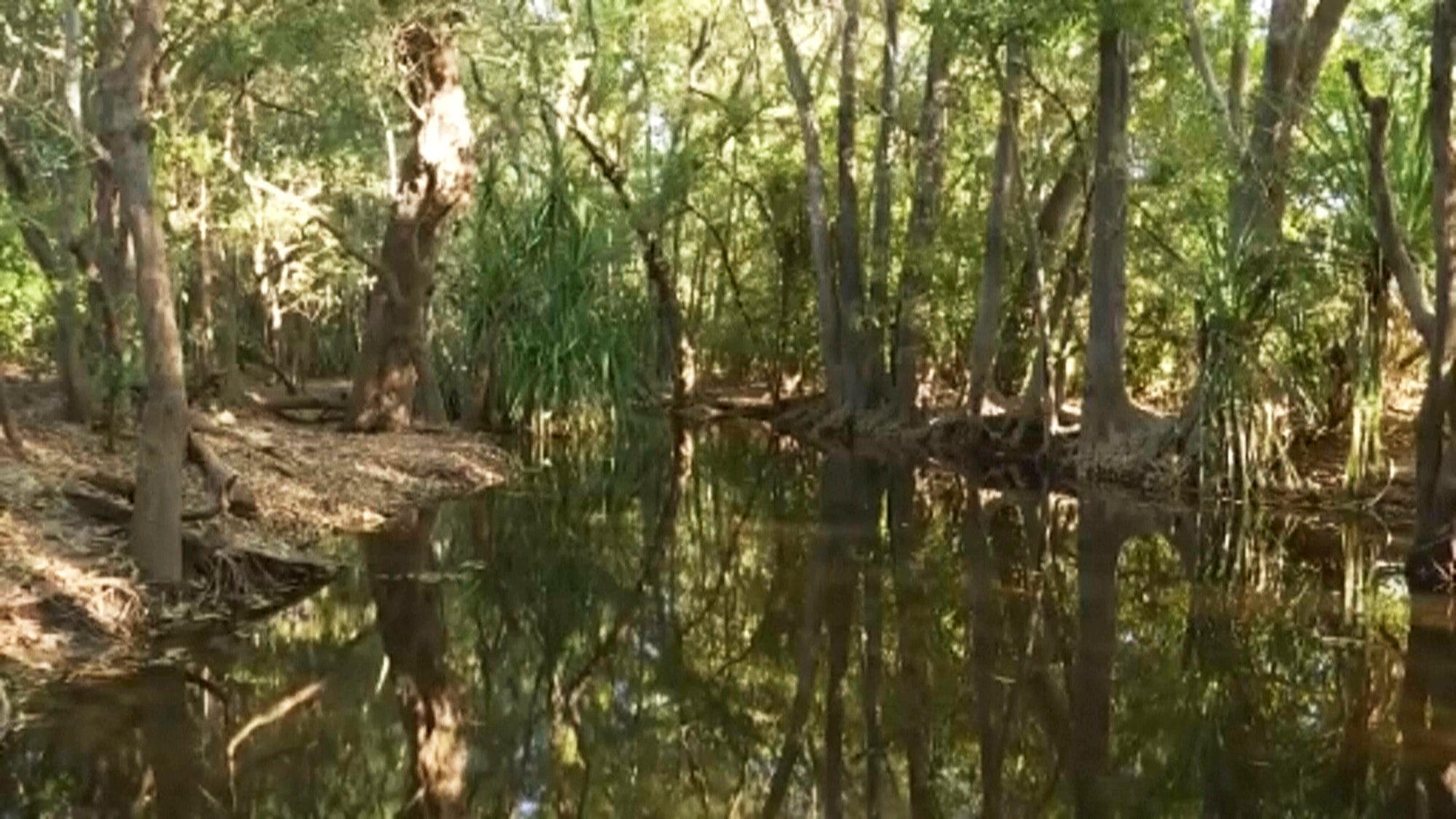Crocodiles cannot outnumber people in Australian territory where girl was killed, leader says
The leader of Australia’s Northern Territory says the crocodile population must be either maintained or reduced and cannot be allowed to outstrip the human population

Crocodile numbers in Australia's Northern Territory must be either maintained or reduced and cannot be allowed to outstrip the human population, the territory's leader said after a 12-year-old girl was killed while swimming.
The crocodile population has exploded across Australia’s tropical north since it became a protected species under Australian law in the 1970s, growing from 3,000 when hunting was outlawed to 100,000 now. The Northern Territory has just over 250,000 people.
The girl's death came weeks after the territory approved a 10-year plan for management of crocodiles, which permits the targeted culling of the reptiles at popular swimming spots but stopped short of a return to mass culls. Crocodiles are considered a risk in most of the Northern Territory’s waterways, but crocodile tourism and farming are major economic drivers.
“We can’t have the crocodile population outnumber the human population in the Northern Territory,” Chief Minister Eva Lawler told reporters Thursday, according to Australian Broadcasting Corporation. “We do need to keep our crocodile numbers under control."
In this week's deadly attack, the girl vanished while swimming in a creek near the Indigenous community of Palumpa, southwest of the territory's capital, Darwin. After an intense search, her remains were found in the river system where she disappeared with injuries confirming a crocodile attack.
The Northern Territory recorded the deaths of 15 people in crocodile attacks between 2005 and 2014 with two more in 2018. Because saltwater crocodiles can live up to 70 years and grow throughout their lives — reaching up to 7 meters (23 feet) in length — the proportion of large crocodiles is also rising.
Lawler, who said the death was “heartbreaking,” told reporters that 500,000 Australia dollars ($337,000) had been allocated in the Northern Territory budget for crocodile management in the coming year.
The region's opposition leader, Lia Finocchiaro, told reporters that more investment was needed, according to NT News.
The girl's death "sends a message that the Territory is unsafe and on top of law and order and crime issues, what we don’t need is more bad headlines,” she said.
Professor Grahame Webb, a prominent Australian crocodile scientist, told the AuBC that more community education was needed and the government should fund Indigenous ranger groups and research into crocodile movements.
“If we don't know what the crocodiles are likely to do, we're still going to have the same problem,” he said. “Culling is not going to solve the problem."
Efforts were continuing to trap the crocodile that attacked the girl, police said on Thursday. Saltwater crocodiles are territorial and the one responsible is likely to remain in nearby waterways.
___
Associated Press reporter Rod McGuirk contributed from Melbourne, Australia.
Bookmark popover
Removed from bookmarks